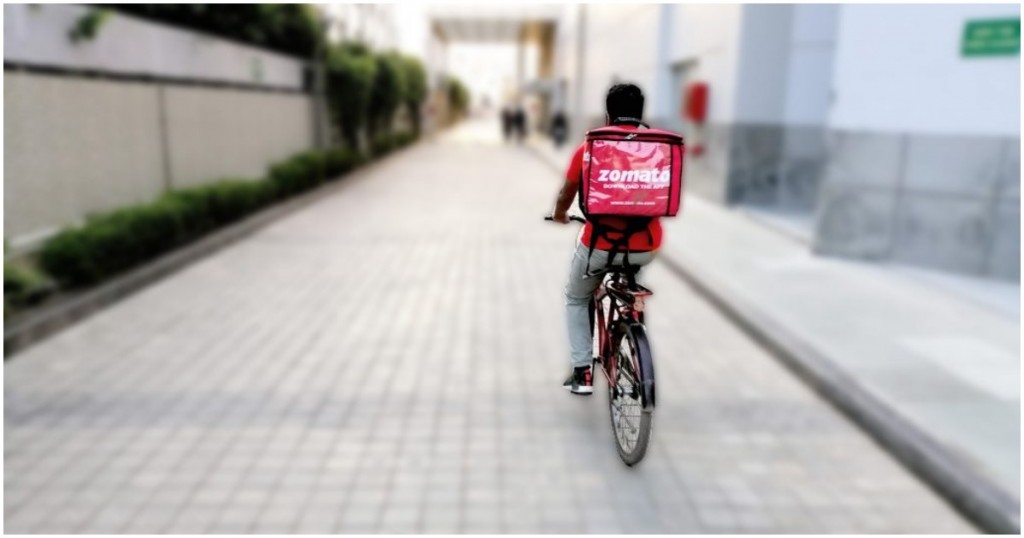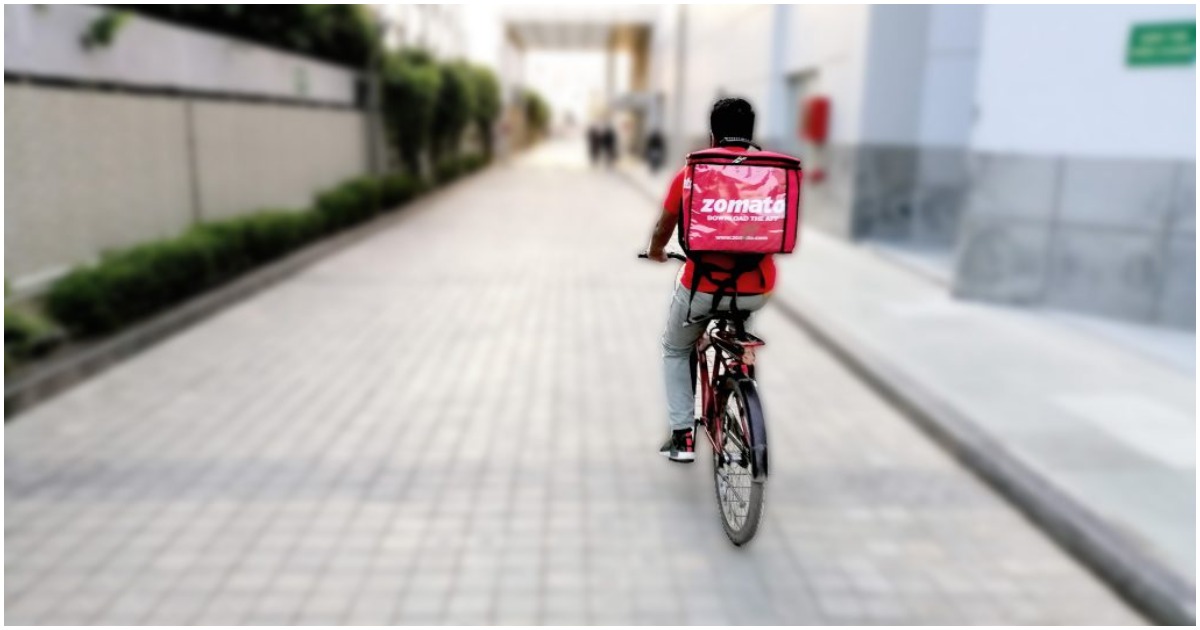The e-bike revolution hasn’t quite caught on among India’s consumers, but it might have an unexpected market of its own.
Zomato has said that it’s begun making deliveries using cycles and e-bikes. “As of today, we already have 5000 cyclists operating in 12 cities in India,” Zomato said in a blogpost. The company said that the majority of these were in Delhi-NCR, and the cycles were a combination of good old mechanical cycles and e-bikes.

Zomato’s new initiative isn’t only great for the environment, but also makes financial sense. “Compared to motorbikes, the maintenance cost is negligible and there are no license requirements either,” says the company. Zomato has developed special ergonomic delivery bags for its cyclist partners, and has said it will ensure that they will make deliveries that are within 2.5 kilometers so that there are no delays. The bikes will also help in making deliveries in crowded areas and in places with narrow lanes.
For now, partners are using their own mechanical cycles, and Zomato has tied up with several companies, including Mobycy, Yulu and Zoomcar’s PEDL for the electric bikes. “We are working closely with our vendor partners to raise the scale of e-cycle adoption. For us, the idea is to convert electric mobility into sustainable mobility,” says Zomato.
For Zomato, it might make both financial sense to partially move to a cycle-based fleet, but the environmental impact might be even greater. Zomato says that its fleet does 4.4 million kilometers of moving around per day — if it can convert 40% of its fleet to cycles, as it plans to do in the next two years, it can significantly reduce the pollution that its deliveries cause. And if fellow food delivery players can follow suit, the impact can be even greater. India’s food delivery apps have brought with them a wealth of convenience for its urban populations, but that has come with greater vehicular pollution on roads and more gridlocked traffic. A switch to an electric delivery fleet might mean that Indian consumers can have their cake, and eat it too.
